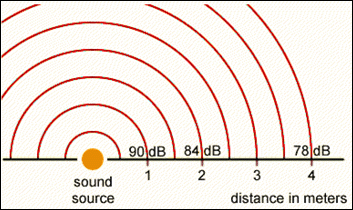In Singapore’s dense, mixed-use environment, construction noise is tightly managed. Here’s a quick guide to staying compliant and productive with Milwaukee Tools—available from President Trading Company.
What the Regulators Expect
MOM (Workplace Safety & Health)
- Control workers’ noise exposure (hearing conservation, PPE, monitoring).
- Plan tasks and equipment to keep exposure at or below safe daily limits.
- Maintain tools; poor maintenance = higher noise and vibration.
NEA (Environmental/Community Noise)
- Construction site noise limits vary by time of day and proximity to residences.
- Stricter controls in evenings/late night; schedule loud work in permitted hours.
- Persistent breaches risk enforcement action and project delays.
dB vs dB(A): The 10-Second Version
dB is raw sound power.
dB(A) is “A-weighted” to match human hearing (de-emphasises very low/high frequencies) and is commonly used for exposure and compliance. A tool might read 95 dB but 88 dB(A); regulators typically consider dB(A) for limits and worker exposure assessments.
It is important to note that a change of dB from 80 to 90 for example - represents a ten times increase in sound pressure.

Source: OSHA Manual
How Milwaukee Tools Help You Stay Compliant
- Brushless motors for smoother, quieter operation under load.
- Anti-vibration engineering to reduce rattle (less noise & fatigue).
- High-efficiency batteries (M12/M18) deliver consistent power—less strain, fewer spikes - more power without worrying about the headache of petrol tools.
- Quality accessories (sharp blades/bits) lower resistance and perceived noise.

Photo Credit: Milwaukee Tools Asia
A good quality tool helps you not just from a productivity perspective - but is a strategic advantage that drives your operations forward with safely.
Quick Wins for Site Noise Control
- Match the tool to the task; avoid overworking motors.
- Keep blades/bits sharp; schedule noisy work in permitted NEA hours.
- Use hearing protection (earmuffs/earplugs) for prolonged tasks.
- Log noise readings periodically to verify exposure control.
Disclaimer: Guidance here is general and not a legal interpretation. Always verify current MOM and NEA requirements for your project, and confirm on-site measurements in dB(A).




